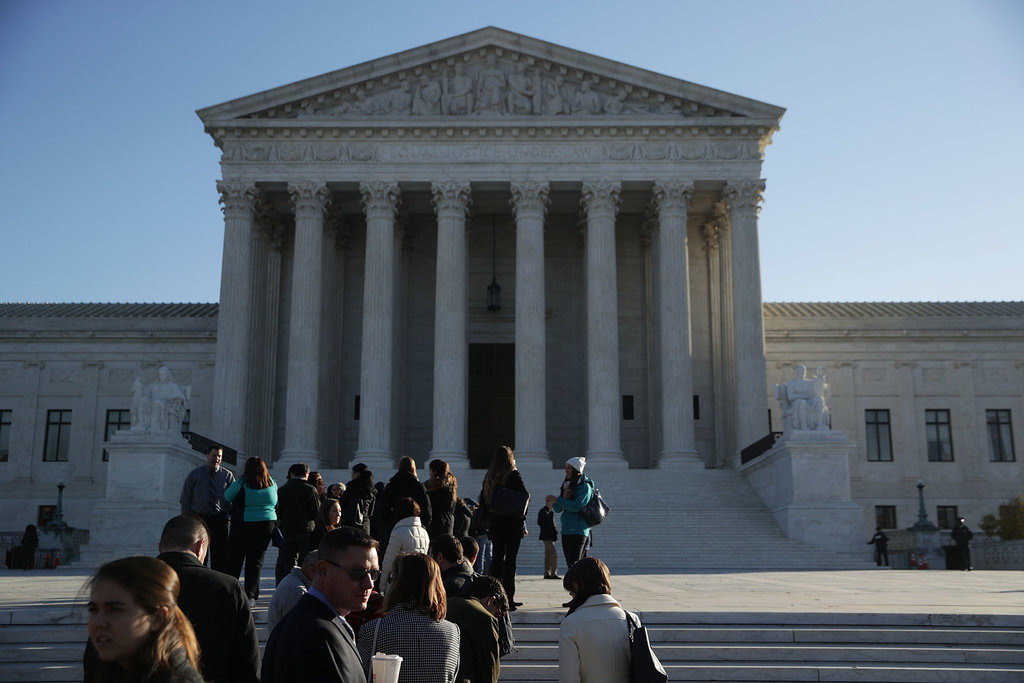Travel Ban Can Remain During Appeals
< < Go Back
The Supreme Court on Monday allowed the third version of the Trump administration’s travel ban to go into effect while legal challenges against it continue. The decision was a victory for the administration after its mixed success before the court over the summer, when justices considered and eventually dismissed disputes over the second version.
The court’s brief, unsigned orders on Monday urged appeals courts to move swiftly to determine whether the latest ban was lawful. Justices Ruth Bader Ginsburg and Sonia Sotomayor said they would have denied the administration’s request to allow the latest ban to go into effect.
The court’s orders mean that the administration can fully enforce its new restrictions on travel from eight nations, six of them predominantly Muslim. For now, most citizens of Iran, Libya, Syria, Yemen, Somalia, Chad and North Korea will be barred from entering the United States, along with some groups of people from Venezuela.
The restrictions vary in their details, but in most cases, citizens of the countries will be unable to emigrate to the United States permanently and many will be barred from working, studying or vacationing here.
Iran, for example, will still be able to send its citizens on student exchanges, though such visitors will be subject to enhanced screening. Somalis will no longer be allowed to emigrate to the United States, but may visit with extra screening.
The Supreme Court’s orders effectively overturned a compromise in place since June, when the court said travelers with connections to the United States could continue to travel here notwithstanding restrictions in an earlier version of the ban.
The American Civil Liberties Union, which represents people and groups challenging the ban, said it would continue to argue against the ban as challenges against it in lower appeals courts proceed.
“President Trump’s anti-Muslim prejudice is no secret — he has repeatedly confirmed it, including just last week on Twitter,” said Omar Jadwat, director of the A.C.L.U.’s Immigrants’ Rights Project. “It’s unfortunate that the full ban can move forward for now, but this order does not address the merits of our claims.”
Lawyers with the A.C.L.U. told the justices that little had changed. “The proclamation is the third order the president has signed this year banning more than 100 million individuals from Muslim-majority nations from coming to the United States,” they wrote.
In October, federal judges in Maryland and Hawaii blocked major parts of the latest ban while legal challenges proceed.
“A nationality-based travel ban against eight nations consisting of over 150 million people is unprecedented,” wrote Judge Theodore D. Chuang of the Federal District Court in Maryland. Citing statements from Mr. Trump, some made as a presidential candidate and some more recent, Judge Chuang found that the new proclamation was tainted by religious animus and most likely violated the Constitution’s prohibition of government establishment of religion.
More From The New York Times:




